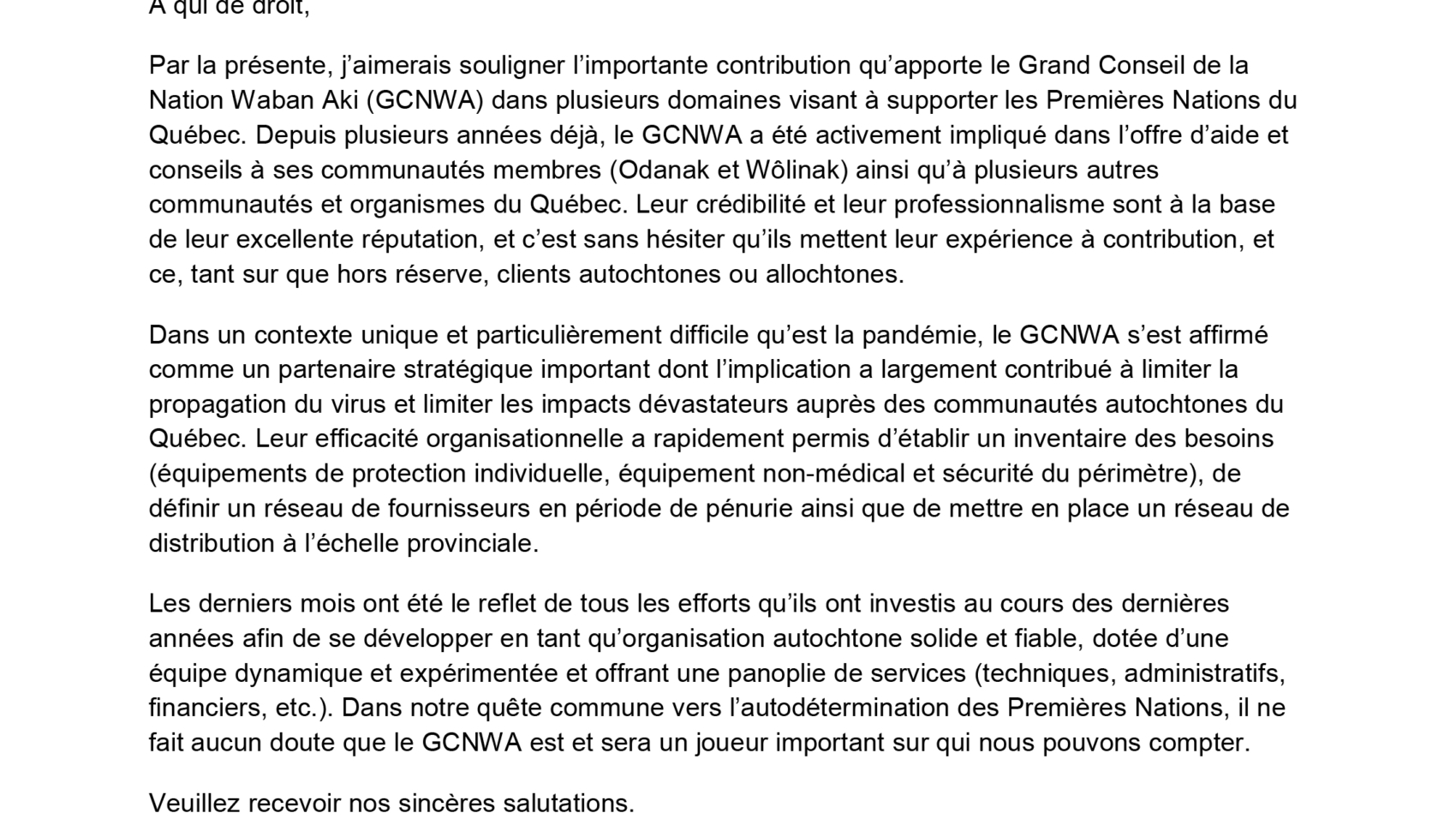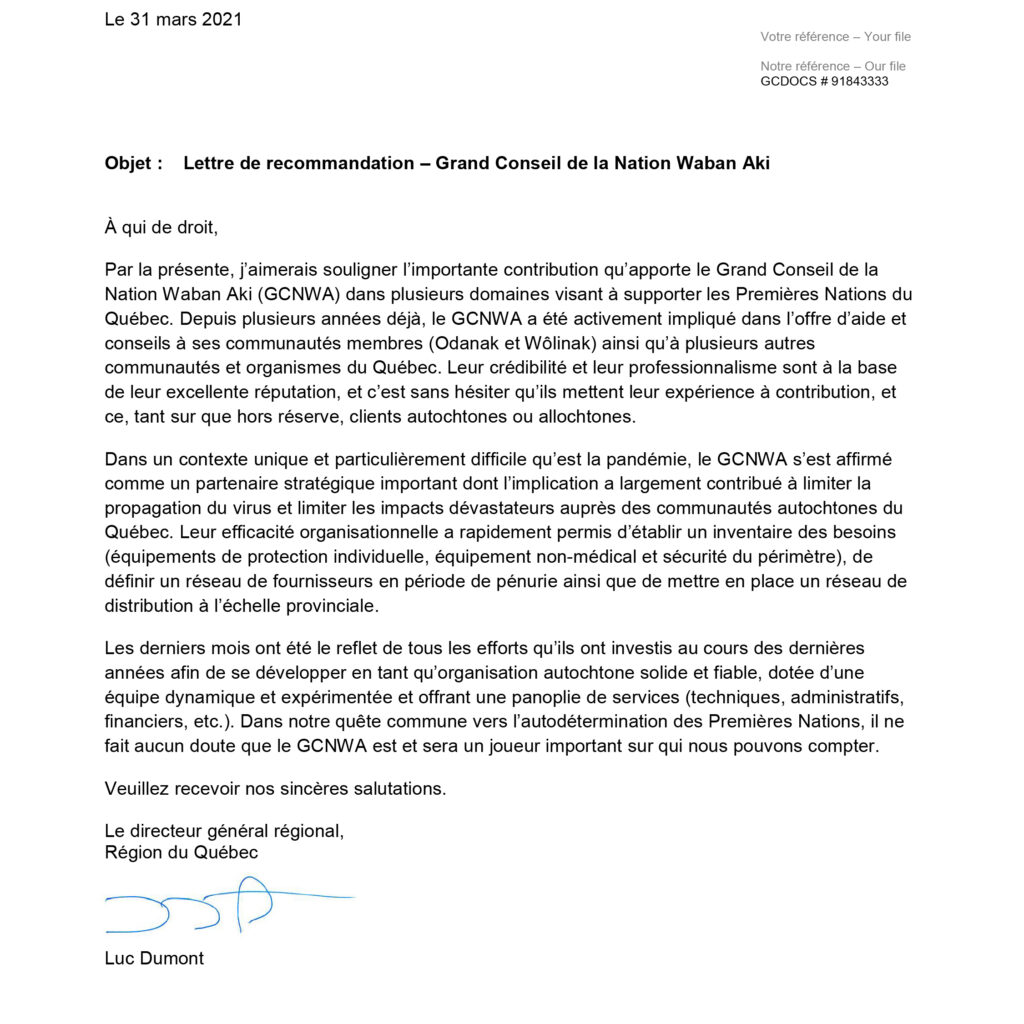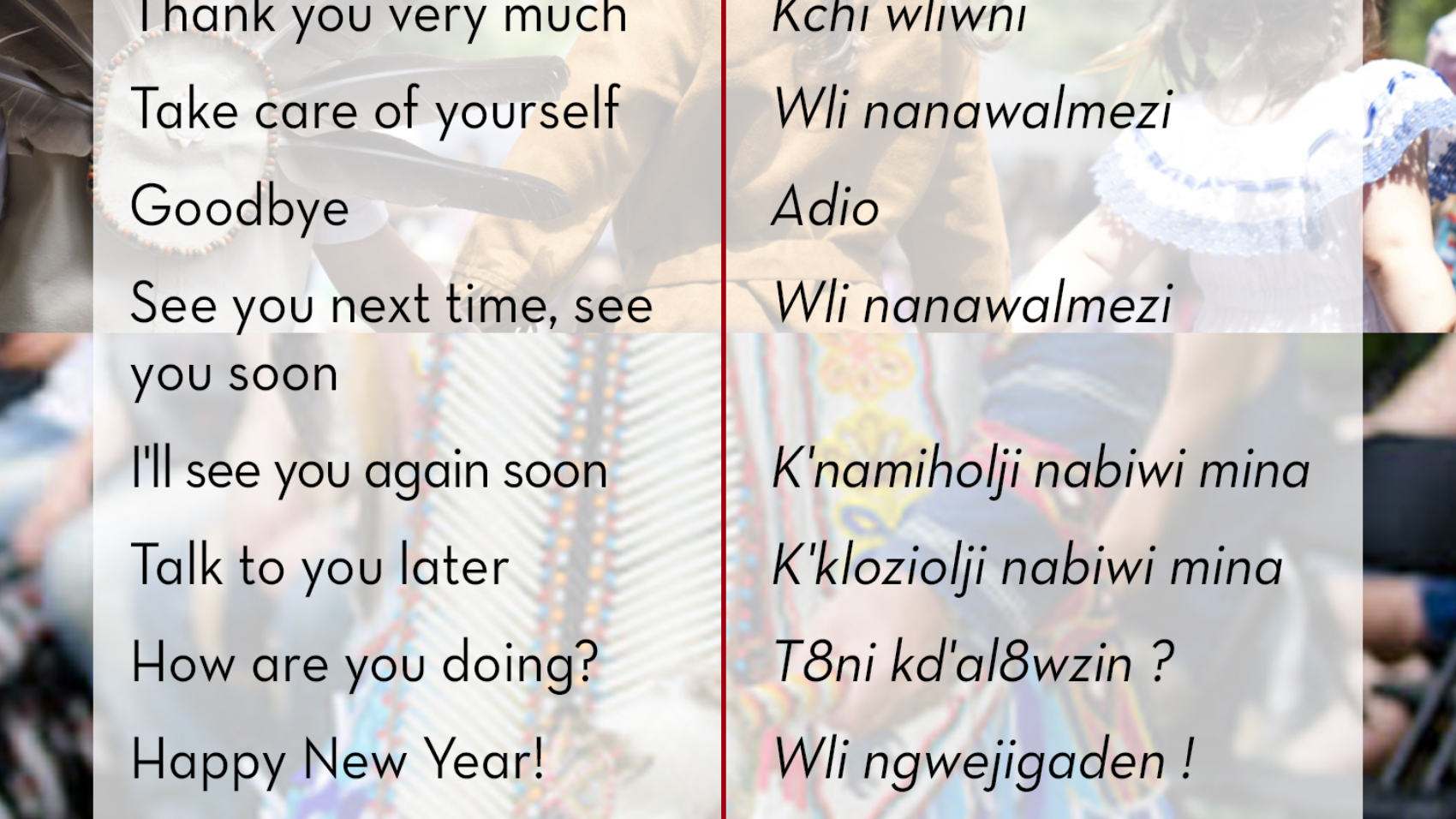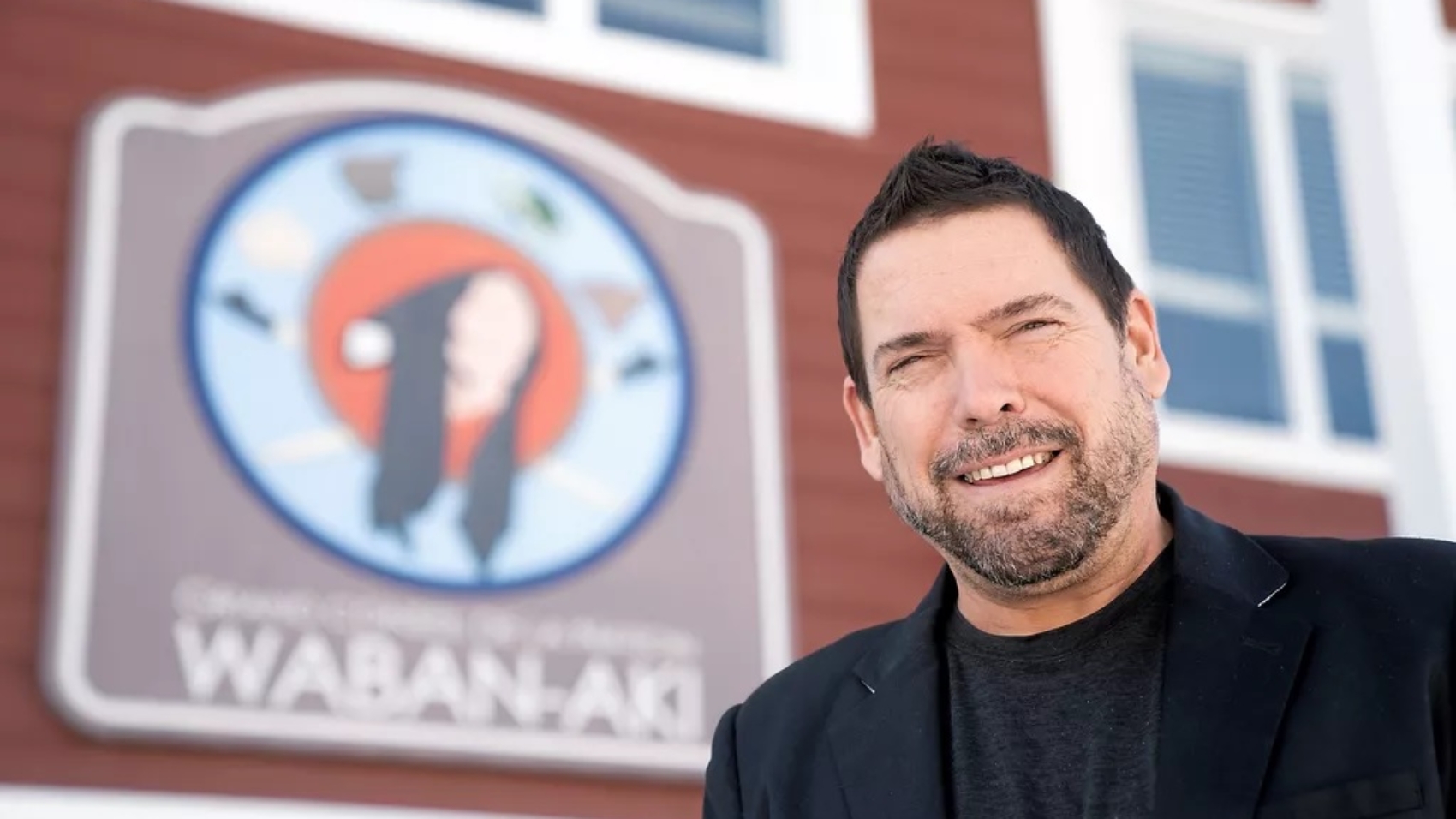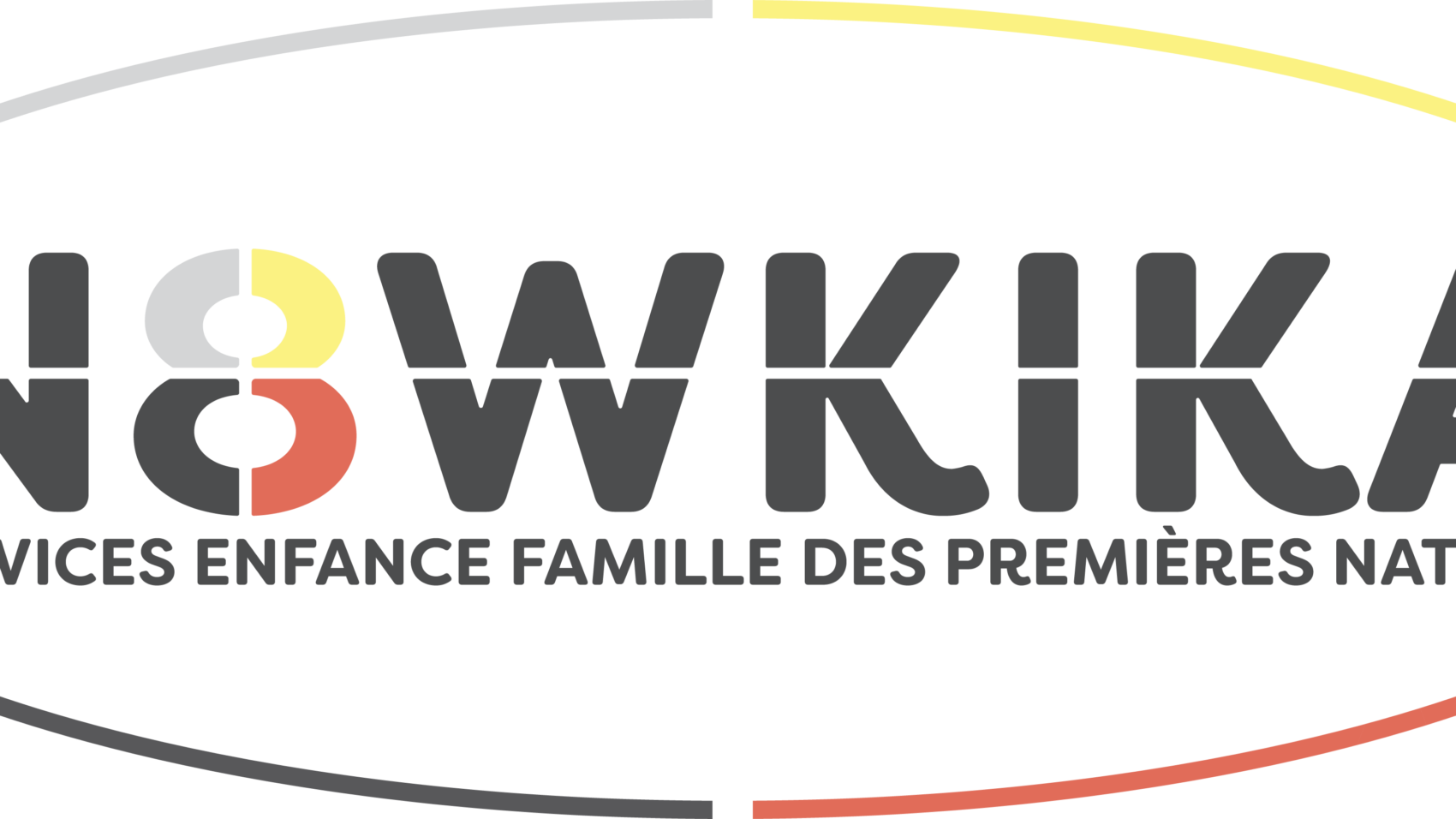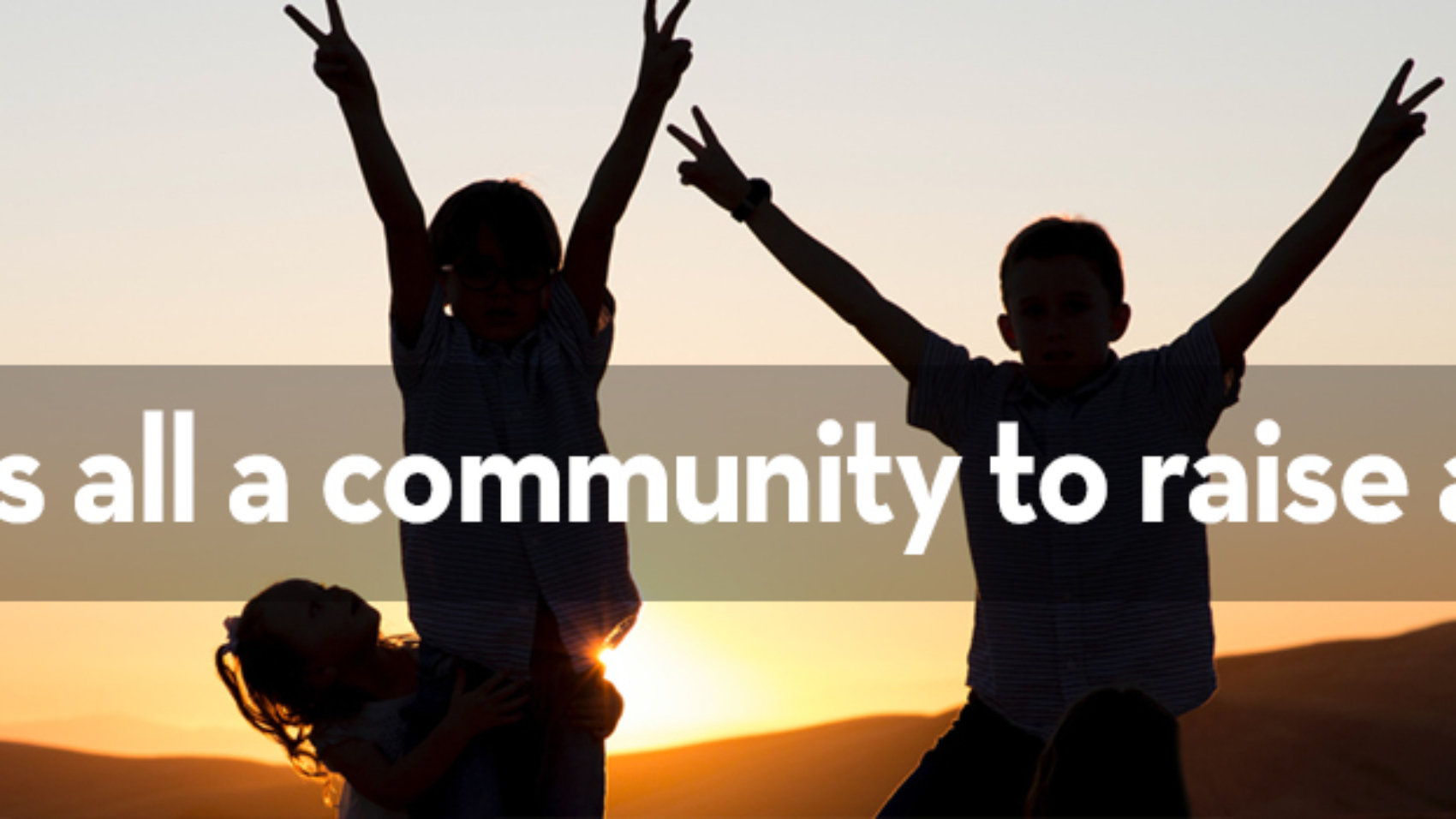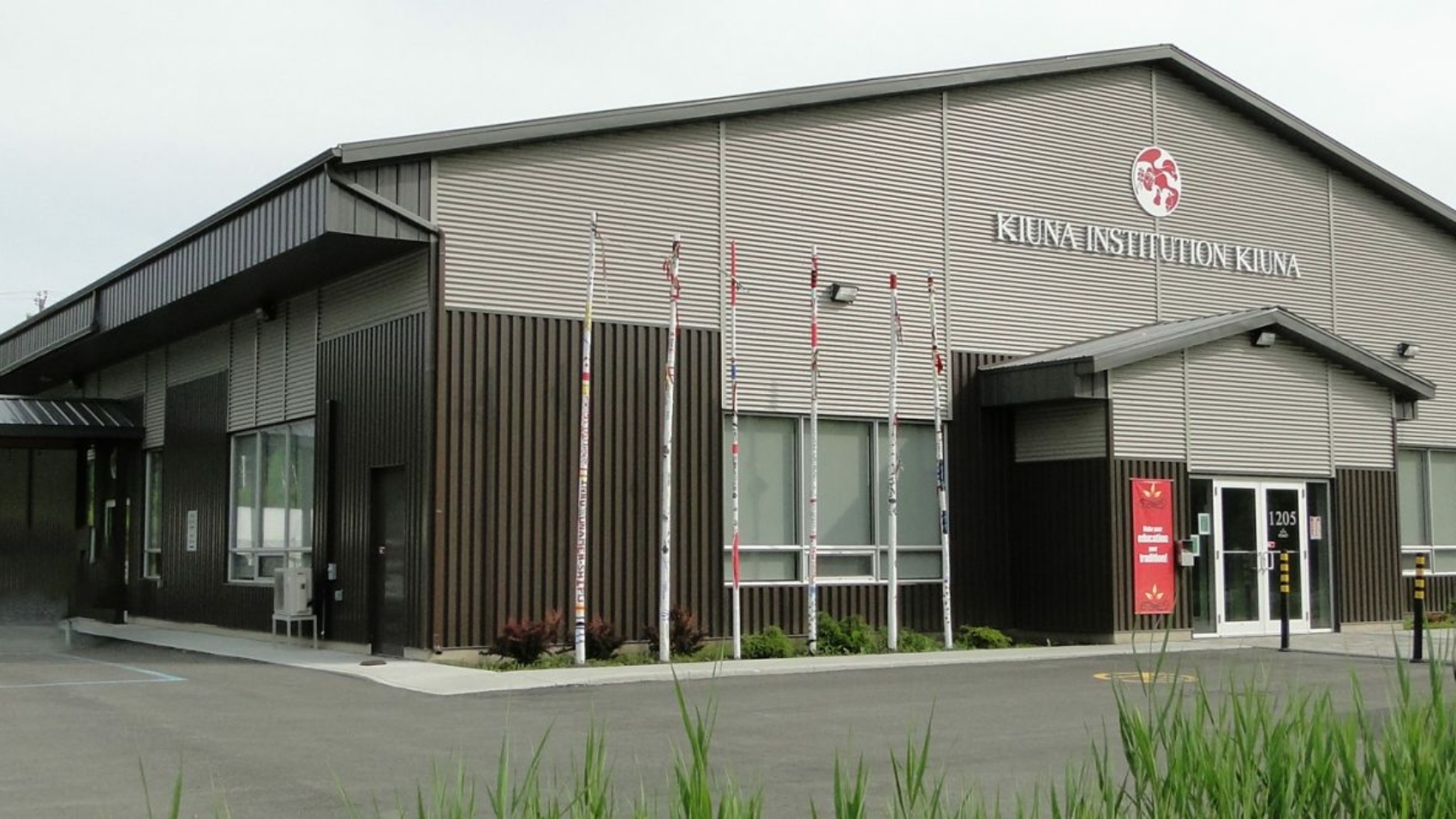Last April, the Abenaki Nation officially notified the federal and provincial governments of its desire to apply the Act C-92 in its entirety and thus manage all actions related to child and family services. As of January 1, 2020, federal Act C-92 explicitly recognizes the inherent right of Indigenous peoples to exercise their own jurisdiction over child and family services, including child welfare.
For almost two years now, the Odanak and Wôlinak Councils have been working to consolidate general family services, but also to integrate youth protection services into the N8wkika program.
The N8wkika program (Child and Family Services of the Abenaki Nation) has been in place for ten years now and supports families in all their needs. For a decade now, more than 200 children have benefited from individual or family follow-ups. These families have been surveyed and have stated that they would like the communities of Odanak and Wôlinak to exercise their jurisdiction and to autonomously manage all services, including youth protection.
Over the years and through daily practice, it has been clearly demonstrated that the Abenaki Nation has the skills, expertise and knowledge to support families in need. Furthermore, the resources of the Abenaki Nation hold all the traditional cultural knowledge that ensures interventions adapted to the specific needs of the children and their families. It is through holistic practice, connected to the strengths of the families and allied to the community approach that the Abenaki Nation will ensure the well-being of the children of the communities of Odanak and Wôlinak.
The collaboration between the Abenaki Nation and the Director of Youth Protection (DYP) being very constructive and knowing that the resources of the DYP themselves possess an essential expertise, Odanak and Wôlinak propose that discussions lead to a partnership that will see the Nation manage its youth protection autonomously while maintaining a close collaboration with the provincial youth protection service.
The Abenaki Nation is now at the stage of finalizing the development of legal, administrative, and clinical structures that will allow it to acquire all the resources necessary to manage all child and family services and to ensure the protection of its youth.
It is expected that by the beginning of 2023, the children of the communities of Odanak and Wôlinak will be protected by internal resources in collaboration with the provincial and federal partners who will respect the self-determination of the Abenaki Nation.
